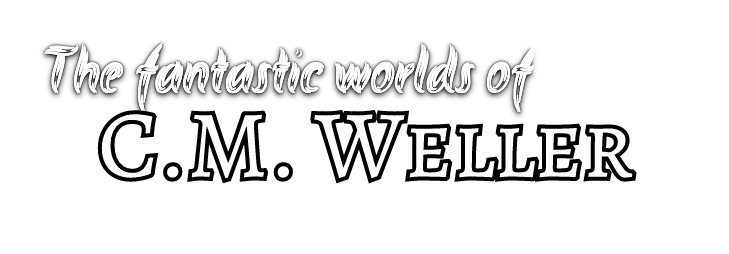Reasons to Love: Terry Pratchett (GNU)
I've read his books since the first Discworld titles, The Colour of Magic and The Light Fantastic. Yes, I was a 1980's teenager.

I'll explain those letters in the title later on. Promise. It's part of the way people who love his good works honour and respect his memory. I've read his books since the first Discworld titles, The Colour of Magic and The Light Fantastic. Yes, I was a 1980's teenager. Mr Pratchett opened some interesting doors for me.
Starting with the idea that grown adult writers can grow too.
The first three Discworld books [The Colour of Magic, The Light Fantastic, and Equal Rites] are excellent books, no mistake. They're also an author finding their 'voice'. If your introduction to the Discworld is anything after that, the difference is very present.
To be honest, I didn't appreciate the first two as much as my mother did. They were parodies of other fictions that Mum was familiar with... and I was not. My sole objection with Equal Rites is that Mr Pratchett wrapped up the storyline of Granny Weatherwax in the last paragraph.
Before several other books made her the legendary figure we all know best.
Then Mr Pratchett played with Death, the nature of justice, the nature of faith, and subverting the storyline the characters know they're in.
That was firkin awesome.
He invented Narrativium as the power of the story, then made characters with anger enough to recognise the story they were in and change it. One of those characters was the aforementioned Granny Weatherwax. Which is my first reason.
Granny Weatherwax.
Want a strong female character? Check. Want a character who knows the nature of power and fights against its influence? Check. Want someone who will roll up their sleeves and threaten to fucking break the arm of Death itself?
Booyah.
Right here in this magnificent lady.
She's strict. She's stiff and unbending. She never breaks. She weaponises doing good in a way that serves up some fresh kharmic realignment on the people who clearly deserve it. She's a work of art.
Then there's the character who appears in pretty much every Discworld book:
Death.
Not just an anthropomorphic personification. The anthropomorphic personification. The only inevitability that even a billionaire can't avoid by flying to Mars.
In fact, he might get to them sooner because they flew to Mars.
He also likes kittens, keeps bees, and TALKS LIKE THIS.
And, interestingly, Mr Pratchett's personification of Death has been a great comfort to people facing their own inevitability. And I think that has a lot to do with the characters that meet Death.
For the characters who die, there's a strange kind of calm in knowing that the worst is over with. And there's someone understanding there to help with the rest of it. Someone who, if not entirely empathic, at least thinks empathically.
That's more than a lot of people expect.
Havelock Vetinari.
Mr Pratchett invented a hive of scum and villainy and called it Ankh-Morepork. He populated it with criminals and an atmosphere in which death was cheap. [You get it for free, after all. It's life that gets expensive] He introduced this venal population to insurance and, after the city burned down (again), came up with checks and balances wrought flesh.
Well. Fictional flesh.
Havelock Vetinari is what would happen if Moriarty had the responsibility of a crown, but never the budget for it. Socially engineering an entire city and maybe a few outside nations into more or less behaving itself. All by pulling the right levers, he made Ankh-Morepork into a semi-functional polity instead of just a place to go when life had lost its verve.
It's probably for the best that he and Granny Weatherwax were never in the same room. There would have been explosions.
The Social Justice.
Mr Pratchett was a social justice warrior before the term was coined. Hiding behind the curtain of his fantasy world is a righteous anger at the way his world was. He had an artistic way of punching up that made people laugh at it. Even the people he was pointing at to make us laugh.
He disliked the concept of royalty, so he wrote a rightwise king who stepped aside from going anywhere near a crown.
He disliked police corruption, so he wrote a police officer who fought for justice. The watcher who watches himself.
He did value self-identity, and gave his readers the advice, Never give yourself a name you can't scrub floors in.
He disliked capitalist con-men, so he wrote one enterprising soul who made himself with canny aptitude... and a con-man who had to do the right thing once made aware of how terrible injustice could be. A con man who made the world around him a better place.
And that's where GNU comes in.
In Mr Pratchett's fictional communications system, seen in Going Postal, the three letters create a message that means, "pass this along, keep it going" and a belief that someone doesn't truly die until their name is not spoken again.
So all of his fans remember him. We speak his name. We carry his lessons with us. We re-read his books from time to time. And if mine turn out even half as good as his, I will count that as a win.
GNU, Terry Pratchett. You are loved, you are missed, and you have taught me many things.

